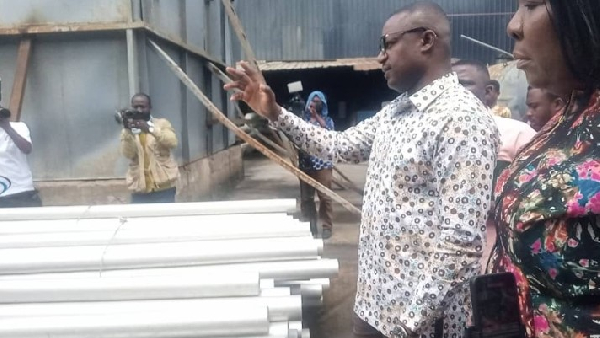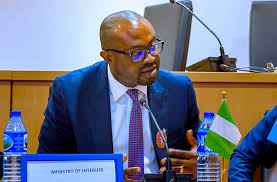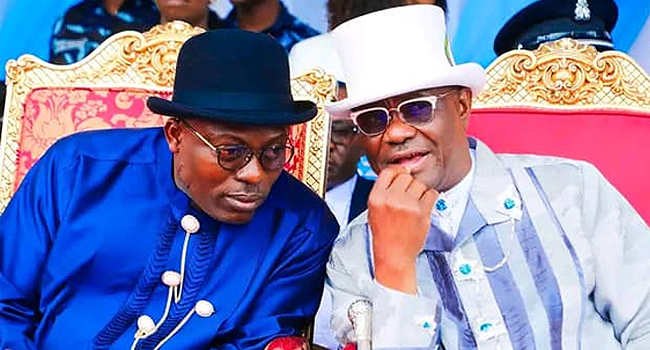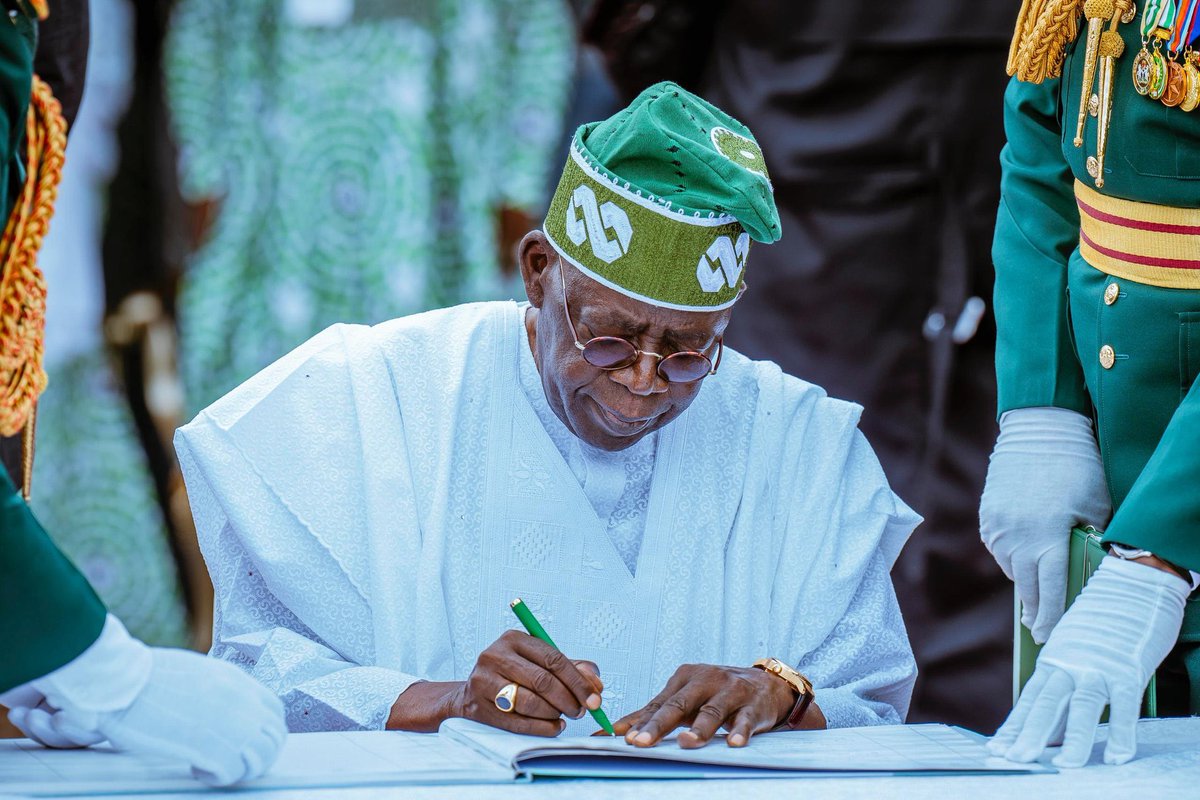Rivers crisis: Labour threatens protest over emergency rule after Tinubu considers state of emergency

The recent declaration of a six-month state of emergency in Rivers State by President Bola Ahmed Tinubu has triggered a series of significant political and economic consequences, impacting governance, labor relations, and investor confidence. This decisive action, ostensibly aimed at addressing escalating political unrest and pipeline vandalism, has led to widespread condemnation and legal challenges, reshaping the state's political landscape.
President Tinubu’s declaration resulted in the suspension of Governor Siminalayi Fubara, his deputy, and state lawmakers, effectively halting impeachment proceedings initiated against Fubara by a State House of Assembly faction loyal to former Governor Nyesom Wike. Retired Vice Admiral Ibokette Ibas was appointed as the military administrator, a move intended to neutralize immediate threats to Fubara’s position and curtail Wike’s influence. This action was perceived as a strategic maneuver to maintain stability and curb potential abuses of power without direct confrontation.
However, the imposition of emergency rule has faced strong opposition. Organized labor in Rivers State has threatened “strategic union actions” that could disrupt national economic activities if President Tinubu fails to reverse the emergency rule. In a joint statement, leaders of the Nigeria Labour Congress (NLC) and the Trade Union Congress (TUC) decried the adverse impact of the emergency rule, particularly on the payment of workers’ salaries. They noted that local government workers who have yet to receive their salaries are grappling with severe economic hardship, and prospective investors have withdrawn their planned investments due to the instability.
The national leadership of the NLC and TUC has also condemned Tinubu’s action as a “direct assault on democracy,” arguing that it violates the provisions of the 1999 Constitution. They asserted that no democratic society can thrive where elected leaders are arbitrarily removed at the whims of the president and called for the revocation of the unconstitutional declaration.
The Association of Nigerian Professionals in Europe (ANPE) has added its voice to the criticism, describing the suspension of Governor Fubara and other elected officials as unconstitutional and damaging to Nigeria’s democratic reputation. ANPE warned that such actions could erode investors’ confidence and further destabilize the nation’s fragile economy, signaling a dangerous shift toward authoritarianism. They accused the National Assembly of failing in its duty to check executive overreach and called on lawmakers to investigate the constitutionality of the emergency rule.
Legal challenges have also emerged. An Abuja-based lawyer, Johnmary Jideobi, filed a suit in the Federal High Court, seeking the removal of Vice Admiral Ibokette Ibas as the sole administrator of Rivers State. The suit argues that President Tinubu lacks the constitutional authority to suspend elected officials and requests a perpetual injunction restraining Tinubu from appointing any sole administrator in any Nigerian state. The case contends that the suspension of the Rivers State governor and deputy governor is unconstitutional and without legal effect.
Despite the controversy, Vice Admiral Ibas has moved to establish his administration. He recently appointed Professor Ibibia Lucky Worika, a globally recognized scholar and legal expert, as the Secretary to the State Government (SSG). This appointment followed the resignation of the Head of Service, Dr. George Nwaeke. Professor Worika’s credentials and experience in academia, international legal practice, and policy advisory roles are expected to support the administrator in achieving President Tinubu’s mandate.
The imposition of a state of emergency in Rivers State has thus unleashed a complex web of political, economic, and legal ramifications. As the situation unfolds, the delicate balance between maintaining stability and upholding democratic principles remains a central challenge.










